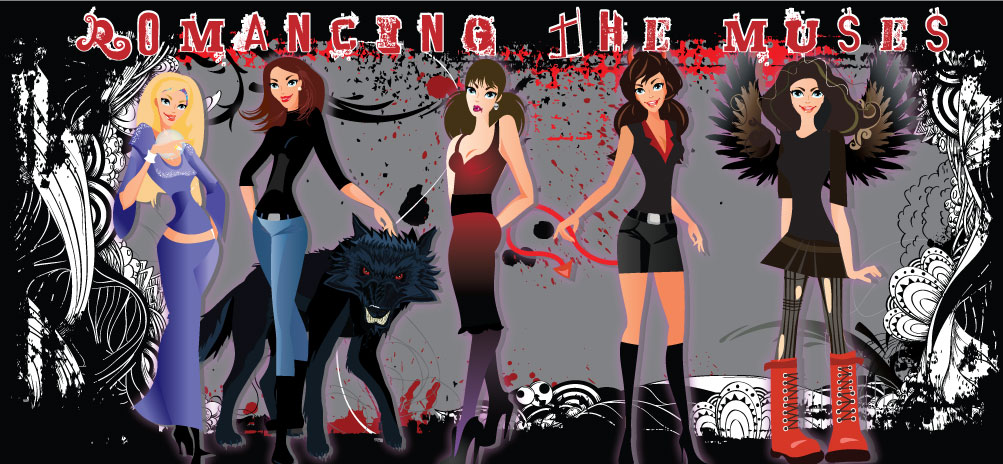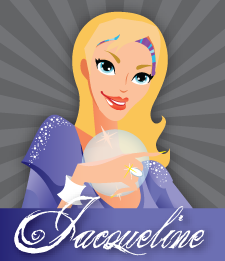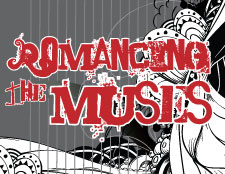First off, let me state quite emphatically, writing is a business and while most publishers are not out to screw you, their number one priority is what is in their best interests. Not yours. So I cannot stress enough, please, please read your contract. No matter how exciting a first publication can be, do not just sign on the dotted line and expect everything to be great. It can cause problems later on down the road.
Here are some things to consider. I write strictly paranormal and while each of my publishers own the rights to my work, they do not own the world I've created. Nor do they own the rights to any of my characters. While I have no intention of attempting to sell a Grigori book anywhere but Loose Id, biblical myth plays a huge part in my writing. If I'd signed away my world, I never would have been able to publish My Avenging Angel with Samhain as the story of Lucifer's insurrection and Michael's role in his fall play a large part in the world I have created.
Some publishers want first right of refusal. This is fairly standard. If you write the sequel, they want to see it before you send it somewhere else. Rumor has it there is a publisher who wants first right of refusal for the next thing you write, no matter the subject. This I would be very hesitant to sign away.
Which brings me to my next point. Contracts are negotiable. After you've read every word of your contract and you discover something in it that makes you uncomfortable, contact the publisher. If they are unwilling to work with you that should be your first sign to run the other way. Even if they are not willing to change the terms, they should be willing to talk to you about them. From there, only you can decide how important the issue is and whether or not to sign.
My advice, hire an attorney familiar with digital rights to go over the contract. I know this can be difficult. Attorneys cost money and if might be hard to come up with the funds. But like I said, this is a business and all businesses require start-up capital. There will be other things you'll need to do once that contract is signed; purchase domain names, set up an author website, etc., but making sure you are legally protected is the most important. It just might save you a huge headache later on.










4 comments:
Very, very sound advice. Thanks for sharing this, Madelyn.
I know as a fledgling writer, I was so afraid of raising questions with anyone, be it the contract or my editor, that I was far more agreeable than I should have been. I lived in fear that if I was problematic, my dream of being published would be squandered. It was naive, but when someone says yes it's hard to say no.
Rosalie,
I have to admit I am lucky. My SIL is an attorney and works predominantly in this area so she understands the mumbo jumbo of contracts. Cause left up to me, it wouldn't be pretty. :)
My step-dad's an attorney who doesn't know jack about this area. LOL. Just figures.
BTW, you should - should - have an email from me later...hopefully with a 55k-length attachment.
LOL! I'll be looking for that attachment. Can't wait.
Post a Comment